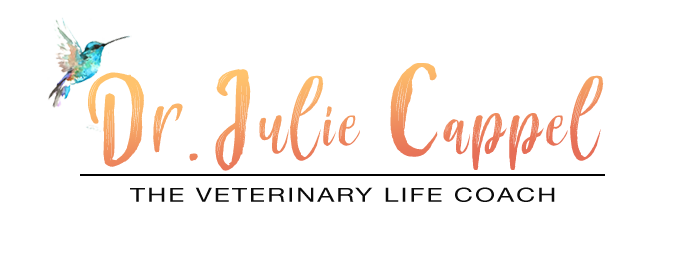Have you ever felt that you have difficulty being at peace with yourself? Do you feel anxious and unable to live in the moment and enjoy your life? I certainly have many times. No matter what is going on with us, we look forward with worry and not outward and inward with peace. We miss the present while we worry about the future.
Stop and look where you are so you can be content.
One of the reasons I got interested and involved in mental health and life coaching is that I wanted to change myself and help others who consistently struggle with perfectionism, anxiety, and impostor syndrome. I want us all to get out of our way and become present.
I was reminding myself this afternoon about building contentment in my life. After a beautiful morning with my parents golfing and having lunch, I felt unsettled. It was a beautiful day, and I felt content, relaxed, and present in our golf game. As I worked around the house and filled out Christmas cards in the afternoon, I started to feel overwhelmed, unfocused, and ungrateful. When I think this way, it is best to stop and do the work to feel more content.
Contentment is an emotional state of satisfaction and ease in the mind and body. Feeling content with your life will allow you to be present and experience it. Feeling anxious about what comes next is a complete waste of time and energy.
I always like to start by challenging myself to feel grateful for something. When you ask yourself to look for something good, it helps you refocus on what is important in the present moment. If I feel grateful that I have a roof over my head and air in my lungs, I begin to bring myself back to the present moment. Boiling it down to simple gratitude works for me. Appreciating one thing you have daily will keep you present and content.
To feel content, you must create compassion for yourself and others by dropping the tendency to judge. As humans, we all want to judge others' lives by thinking that they should act differently or respond differently to us. If we can let go of our judgment and allow others to be, it will go a long way to helping us stop the judgment of ourselves. Today I was giving myself a hard time because my Christmas cards and shopping still needed to be finished. To feel content, I have to realize that I will get it done well before Christmas, and if I don't, no one will care. Feeling anxiety over it is not useful.
Working on any skill takes focus and an open mind. We can all benefit from learning to be more content. When creating contentment for yourself, stop and ask yourself what you are anxious about; then, how can I be grateful in this moment? What experience are you missing while you worry? Be open to feeling peace and contentment in all situations to enjoy your life.
Stop and look - you can be content.
Dr. Julie Cappel


















